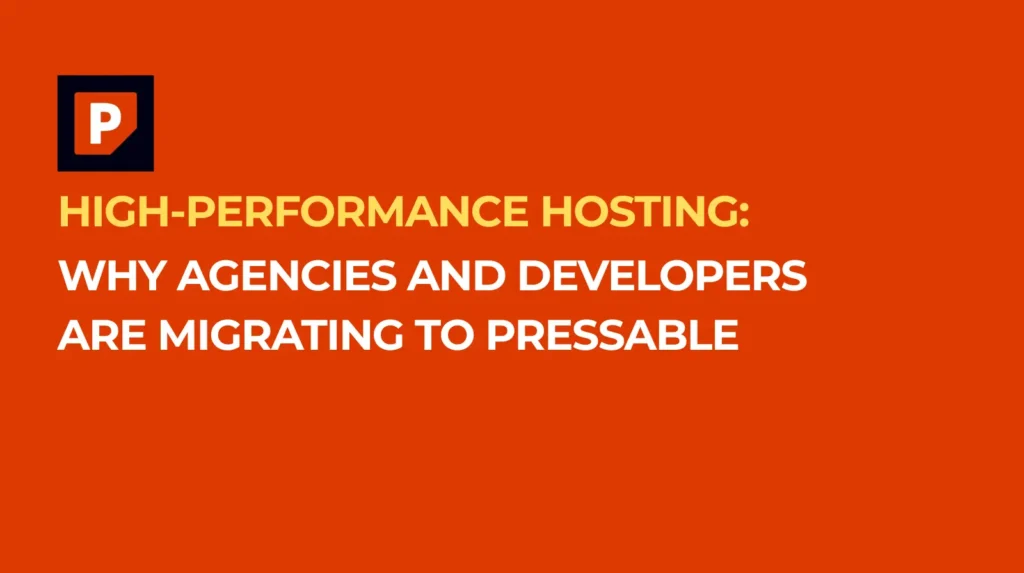How Medical AI is Reshaping the Future of Medicine
Artificial Intelligence is not science fiction anymore. It is now a vital part of modern healthcare. With the help of AI healthcare tools, medical professionals are diagnosing diseases more accurately, planning better treatments, and improving patient care.
Medical AI has grown rapidly in the last few years. From detecting cancer early to helping in surgeries, AI is becoming a trusted partner for doctors and hospitals. This blog covers some of the best AI tools for healthcare and explains how they are transforming the industry.
If you are a doctor, medical student, healthcare entrepreneur, or even a curious reader, this guide is for you.
Why the World Needs AI in Healthcare
The healthcare industry has always dealt with large amounts of data and critical decision-making. Now with AI, we can process this data faster, identify patterns, and make better decisions. Here are some reasons why AI is becoming so important in healthcare.
Faster diagnosis
AI can analyze reports, scans, and records in seconds, giving doctors more time to focus on treatment.
More accurate results
Medical AI tools can detect patterns that even experienced doctors might miss. This improves the chances of catching diseases early.
Lower costs
AI reduces the need for repetitive tests and optimizes resources. Hospitals save money and patients receive quicker care.
Personalized treatment
AI can study an individual’s health history and recommend custom treatments that work best for them.
Now let us take a closer look at the best AI healthcare tools available today.
IBM Watson Health
IBM Watson Health is one of the earliest and most advanced medical AI platforms. It helps doctors analyze large sets of patient data and medical literature to support decision-making.
What it does
Watson Health helps in cancer diagnosis, personalized treatment planning, and drug discovery. It reads thousands of clinical papers and patient records to give insights to doctors.
Why it is powerful
It supports oncologists in making more informed choices
It speeds up drug development through AI-driven research
It improves patient outcomes with data-based suggestions
Google DeepMind Health
DeepMind, a part of Google, works with top hospitals to bring AI into real medical practice. Its focus is on early detection and prediction of diseases using patient data and medical imaging.
What it does
DeepMind has created tools to predict acute kidney injury and analyze eye scans to detect diseases before symptoms appear.
Why it is powerful
It can detect diseases faster than most specialists
It partners with public health systems like the NHS
It reduces complications by enabling early action
Aidoc
Aidoc is one of the most trusted AI healthcare tools in radiology. It helps radiologists detect critical conditions in medical images faster than traditional methods.
What it does
Aidoc analyzes CT scans and highlights urgent cases like brain bleeds, strokes, and spinal fractures.
Why it is powerful
It saves time by prioritizing life-threatening cases
It reduces workload for radiologists
It fits into existing hospital systems smoothly
PathAI
PathAI brings AI into the field of pathology. It assists pathologists by analyzing tissue samples and helping diagnose conditions like cancer more accurately.
What it does
PathAI reviews pathology slides and identifies disease markers using trained machine learning models.
Why it is powerful
It reduces human errors and speeds up diagnosis
It helps with clinical research and drug testing
It supports cancer treatment planning with precise insights
Zebra Medical Vision
Zebra Medical Vision offers a suite of AI tools that detect various conditions using X-rays, CT scans, and mammograms. It is especially useful in public health programs.
What it does
It screens for bone density issues, lung problems, liver disease, and even signs of heart conditions using imaging data.
Why it is powerful
It handles large-scale screening efficiently
It detects diseases early in large populations
It is widely used by insurers and health networks
Tempus
Tempus combines AI and genetic data to offer personalized cancer care. It uses machine learning to match patients with the best treatments based on their unique profiles.
What it does
Tempus sequences DNA and RNA, compares it with medical records, and recommends targeted therapies.
Why it is powerful
It empowers doctors to offer precision medicine
It increases success rates of cancer treatments
It accelerates research through its data network
Qventus
Qventus focuses on hospital operations rather than diagnosis. It uses AI to improve how hospitals manage patient flow, bed assignments, and staff scheduling.
What it does
Qventus predicts bottlenecks and provides smart recommendations to hospital administrators in real time.
Why it is powerful
It reduces delays in surgeries and discharges
It improves staff utilization and patient satisfaction
It saves costs by automating routine decisions
Caption Health
Caption Health is an AI healthcare tool designed to help with cardiac ultrasound imaging. It guides users to capture the right images and assists in diagnosing heart conditions.
What it does
Caption provides real-time feedback during the scan and helps detect signs of heart failure and other cardiovascular diseases.
Why it is powerful
It allows general practitioners to screen for heart problems
It improves access to cardiac imaging in clinics
It is approved by the FDA for use in hospitals
Buoy Health
Buoy Health is a virtual AI assistant that interacts with users through a chatbot. It helps them understand their symptoms and decide whether they need to see a doctor.
What it does
Users answer a series of questions and Buoy provides guidance based on real-time data and medical knowledge.
Why it is powerful
It reduces unnecessary hospital visits
It connects users with nearby healthcare providers
It supports early care decisions at home
How AI Healthcare Tools Improve Patient Care
AI is not just about speed or accuracy. It is changing the very experience of healthcare.
Better disease management
Chronic diseases like diabetes and heart conditions can be monitored in real time using AI devices.
Early intervention
AI tools catch warning signs before symptoms appear, reducing hospital admissions.
Empowered healthcare staff
Doctors and nurses can make better decisions when they have smart tools supporting them.
Improved access in rural areas
Tools like Butterfly and Buoy are bringing quality healthcare to places that lack specialists.
Ethical and Legal Challenges in Medical AI
Every powerful technology needs responsible use. Here are the key issues that come with AI in healthcare.
Privacy and data protection
Patient data must be stored and processed securely to avoid misuse or breaches.
Algorithm bias
AI tools must be trained on diverse data to avoid discrimination or poor outcomes for certain groups.
Approval and regulation
Medical AI must meet standards set by authorities like the FDA or Indian health regulators to ensure safety and reliability.
Developers and hospitals must work together to build trustworthy, transparent, and ethical AI systems.
What the Future Holds for AI in Healthcare
The next wave of AI healthcare tools will be even more advanced. Here are some exciting directions.
Wearable devices will track health in real time and alert users before problems arise
AI will help in robotic surgeries and improve surgical precision
Mental health support apps will use AI to detect mood changes and provide emotional support
Drug discovery will become faster using AI simulations and predictive modeling
The goal of medical AI is not to replace doctors, but to enhance their ability to care for more people, more effectively.
Conclusion
AI healthcare tools are revolutionizing the way we look at medicine. They bring speed, accuracy, personalization, and accessibility into healthcare like never before.
From IBM Watson to Buoy Health, every tool plays a role in making patient care smarter and more efficient. As we move forward, medical AI will continue to shape the future of hospitals, clinics, and public health systems across the globe.
If you are working in healthcare or building health tech solutions, now is the best time to explore what AI can do for you and your patients.








